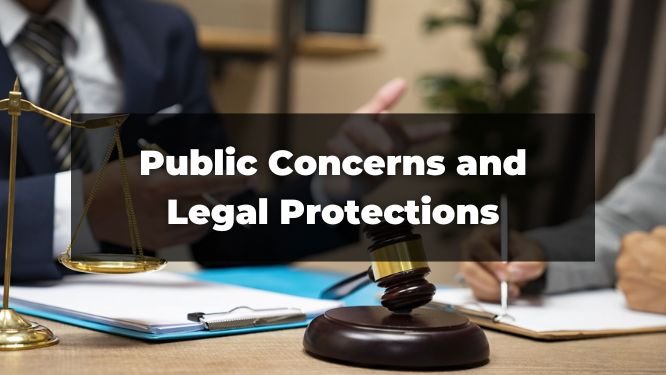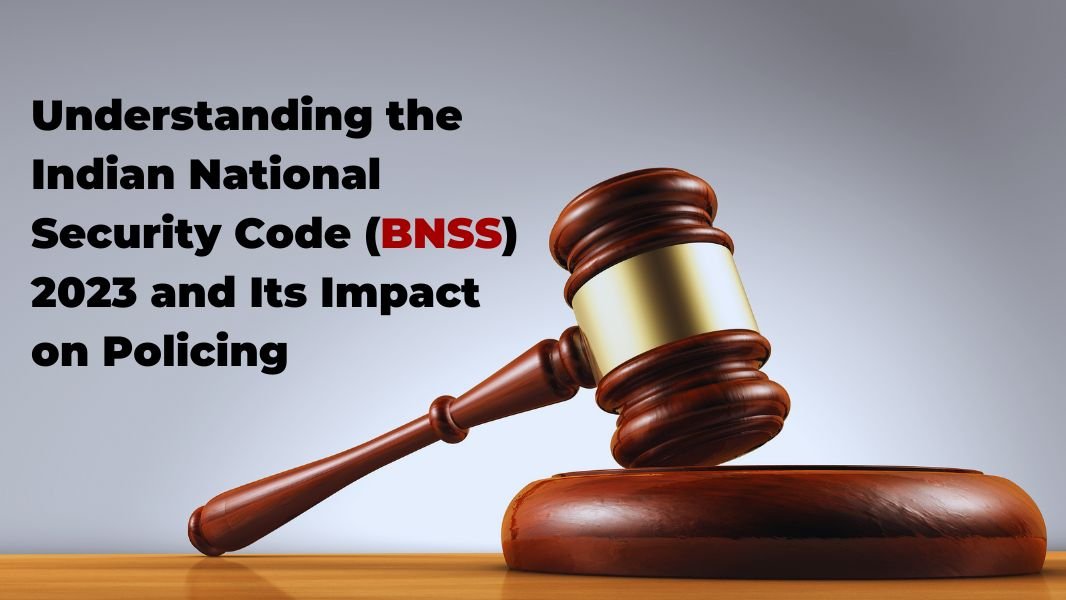Understanding the Indian National Security Code (BNSS) 2023 and Its Impact on Policing
In recent times, there has been considerable debate surrounding the new Bharatiya Nagrik Suraksha Sanhita (BNSS) 2023, a legislative framework that has sparked discussions on the extent of police powers in India. With 172 people already engaging in this debate, it’s crucial to delve deeper into the BNSS 2023, understand its provisions, and evaluate its implications on policing and civil liberties. This blog aims to provide a comprehensive overview of the BNSS 2023, particularly focusing on the controversial Section 172, its comparison with the previous Code of Criminal Procedure (CrPC) 1973, and the broader discourse on police reform and community trust.
The Birth of BNSS 2023
BNSS 2023, or the Bharatiya Nagrik Suraksha Sanhita, was introduced as a replacement for the Code of Criminal Procedure (CrPC) 1973. This new legal framework came into effect on July 1, 2024, with the intention of modernizing and streamlining the procedural aspects of criminal law in India. The BNSS aims to address the evolving needs of law enforcement while ensuring the protection of citizens’ rights.
The CrPC 1973 had been the cornerstone of criminal procedural law in India for decades, providing a comprehensive guide for the conduct of criminal proceedings. However, as society evolved and new challenges emerged, there was a growing need for an updated legal framework that could effectively address contemporary issues.
Key Changes in BNSS 2023
One of the significant changes introduced by BNSS 2023 is the inclusion of Section 172, which has been a focal point of contention. To understand the controversy, it’s essential to explore what Section 172 entails and how it differs from the previous provisions under CrPC 1973.
Section 172: A Closer Look
Section 172 is part of Chapter 12 of BNSS 2023, titled “Preventive Actions of Police.” This chapter addresses the preventive measures that police officers can take to maintain law and order and prevent the commission of cognizable offenses. Here’s a detailed breakdown of Section 172 and its provisions:
Subsection 1: Compliance with Police Directions
Subsection 1 of Section 172 states that all persons are bound to comply with the lawful directions of a police officer given in the fulfillment of their duties under this chapter. The term “lawful directions” is crucial here, as it implies that the instructions given by the police must be reasonable and within the legal framework.
Subsection 2: Detention and Removal
Subsection 2 of Section 172 provides the police with the authority to detain and remove any person who resists, refuses, ignores, or disregards the lawful directions given by a police officer under Subsection 1. Furthermore, it states that the police officer may either present such a person before a magistrate or, in petty cases, release them within a period of 24 hours.
Concerned about the implications of BNSS 2023? Consult with our legal experts at Not Guilty Law Offices today!
The CrPC 1973 and Section 151: A Comparison
To understand the implications of Section 172, it’s essential to compare it with the corresponding provisions in the CrPC 1973, specifically Section 151. Under Section 151 of the CrPC, the police had the authority to arrest a person if they believed that the individual was about to commit a cognizable offense, even if no crime had been committed yet. This preventive measure was aimed at crime prevention and maintaining public order.
The key difference between Section 151 of the CrPC and Section 172 of the BNSS lies in the explicit inclusion of compliance with police directions in the latter. While Section 151 focused primarily on preventing the commission of offenses, Section 172 expands the scope to include adherence to lawful directions given by police officers in the discharge of their duties.
Addressing the Controversy: Public Concerns and Legal Protections

The introduction of Section 172 has raised concerns among the public, particularly regarding the potential for misuse of police powers and the implications for civil liberties. To address these concerns, it is crucial to examine both the protections provided under the BNSS 2023 and the broader context of police reforms.
Protections Under BNSS 2023
Despite the expanded powers granted to the police under Section 172, BNSS 2023 retains essential safeguards to protect individuals’ rights. The requirement for police officers to act within the bounds of lawful and reasonable directions ensures that arbitrary actions are minimized. Additionally, the provision that detained individuals must be presented before a magistrate or released within 24 hours serves as a crucial check against unlawful detention.
Historical Context: Policing and Civil Liberties
The relationship between the police and the public has historically been complex, particularly in post-colonial societies like India. During British rule, the police were often seen as enforcers of colonial authority, leading to a legacy of mistrust and fear among the general populace. This historical context underscores the importance of building a relationship of trust between the police and the community in independent India.
Know your rights under BNSS 2023. Get professional legal advice from Not Guilty Law Offices.
The Path Forward: Police Reforms and Community Trust
Addressing the concerns surrounding Section 172 and ensuring effective law enforcement requires a multifaceted approach that includes police reforms, community engagement, and legal safeguards.
Police Reforms: Building Accountability and Sensitivity
One of the primary steps towards effective policing is implementing comprehensive police reforms. This includes training programs that emphasize sensitivity, accountability, and community-oriented policing. By fostering a culture of responsibility and ethical conduct, the police force can better serve the public and build trust.
Community Policing: Bridging the Gap
Community policing initiatives play a vital role in bridging the gap between the police and the public. By involving community members in policing efforts, encouraging dialogue, and addressing local concerns, the police can create a sense of security and partnership. Community policing helps shift the perception of the police from enforcers to protectors and allies.
Legal Safeguards: Ensuring Accountability
While BNSS 2023 provides legal safeguards, continuous oversight and accountability mechanisms are essential to prevent misuse of power. Independent oversight bodies, internal disciplinary measures, and transparent complaint redressal systems can help ensure that police officers adhere to the principles of justice and fairness.
Navigating the new BNSS 2023? Let Not Guilty Law Offices guide you through the legal complexities.
The Role of Education and Awareness
In addition to structural reforms, educating the public about their rights and responsibilities is crucial. An informed citizenry is better equipped to understand the legal provisions, assert their rights, and collaborate with law enforcement agencies. Public awareness campaigns, legal literacy programs, and community workshops can play a significant role in this regard.
Conclusion
The BNSS 2023 represents a significant step towards modernizing India’s criminal procedural framework. However, the introduction of Section 172 and the expanded powers granted to the police have sparked legitimate concerns about potential misuse and the implications for civil liberties. To navigate this complex landscape, a balanced approach is necessary—one that combines robust legal safeguards, comprehensive police reforms, community engagement, and public education.
Building a relationship of trust between the police and the public is paramount. By fostering accountability, transparency, and sensitivity within the police force, and by empowering citizens with knowledge and awareness, India can move towards a more effective and equitable system of law enforcement. The journey towards achieving this balance requires collective efforts, continuous dialogue, and a commitment to upholding the principles of justice and human rights.
As we navigate the implications of BNSS 2023 and its provisions, it is essential to remember that the ultimate goal is to create a society where law enforcement and civil liberties coexist harmoniously, ensuring the safety, security, and dignity of every individual.



